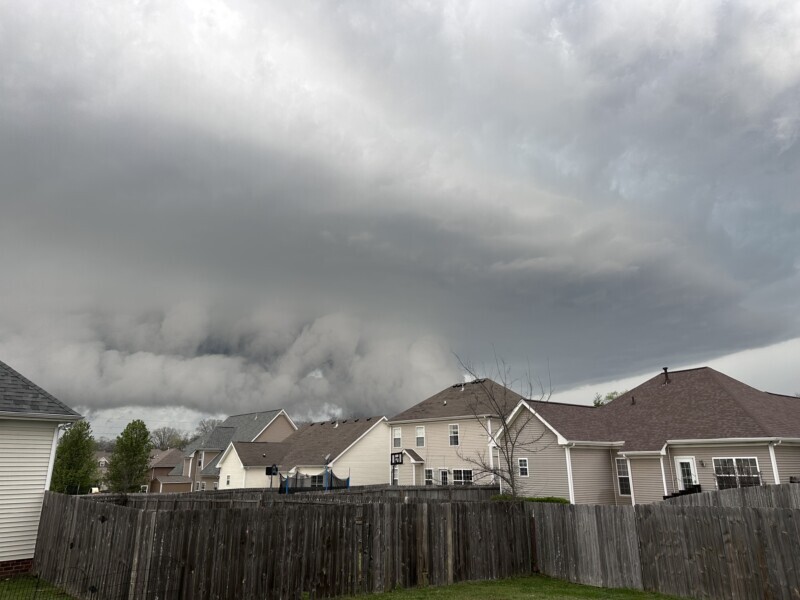Characterizing Stressors and Coping Strategies Among Caregivers of Patients with Severe Acute Brain Injury by Level of Distress
Family caregivers of patients with severe acute brain injury (SABI) who commit to tracheostomy and/or percutaneous endoscopic/surgical gastrostomy for the patient often develop chronic emotional distress. To inform future interventions to mitigate this distress, we characterized the stressors and coping strategies of caregivers of patients with SABI with varying levels of emotional distress during the acute and postacute stages of treatment.
We conducted semistructured interviews with family caregivers of patients with SABI around the time of neurological intensive care unit discharge (T1) and at 2-month follow-up (T2). All caregivers included in this current study completed the Hospital Anxiety and Depression Scale at T1 and/or T2. We then stratified transcripts by caregiver distress level, characterizing caregivers who scored > 11 on at least one Hospital Anxiety and Depression Scale subscale as "high distress" and ≤ 11 as "low distress." We conducted deductive, conceptual content analysis to compare perceived stressors and coping strategies employed at both time points.
Caregivers in both strata reported many similar stressors at each time point, including ongoing uncertainty. However, there were also differences in stressors by level of distress and time point of assessment. At T1, high-distress caregivers reported pronounced stress related to navigating the health care system and communicating with providers, staff, and the patient. At T2, high-distress caregivers noted heightened difficulty with transitioning to long-term caregiving, co-occurring complex emotions, and communication with family and friends. Conversely, low-distress caregivers focused on challenges with team-based medical decision making at T2. Clear differences in coping strategies also emerged, such that high-distress caregivers relied primarily on avoidance at both points, whereas low-distress caregivers incorporated more problem-solving and self-care strategies.
Psychosocial interventions for caregivers of patients with SABI are needed to reduce emotional distress. Skills should be applied to relevant topics based on time since neurological intensive care unit discharge and distress level. Skills should focus on reducing avoidance, promoting active coping, and targeting the perceived stressors specific to high-distress versus low-distress caregivers revealed here.
Caregiver; Coma; Emotional distress; Qualitative; Severe acute brain injury.
© 2025. Springer Science+Business Media, LLC, part of Springer Nature and Neurocritical Care Society.
Declarations. Conflicts of Interest: Our authors disclose no conflicts of interest. Ethical Approval: We confirm that the institutional review board at each site either approved study procedures or granted study exemptions.
- Chiambretto P, Moroni L, Guarnerio C, et al. Prolonged grief and depression in caregivers of patients in vegetative state. Brain Inj. 2010;24:581–8. https://doi.org/10.3109/02699051003610490 . - DOI - PubMed












